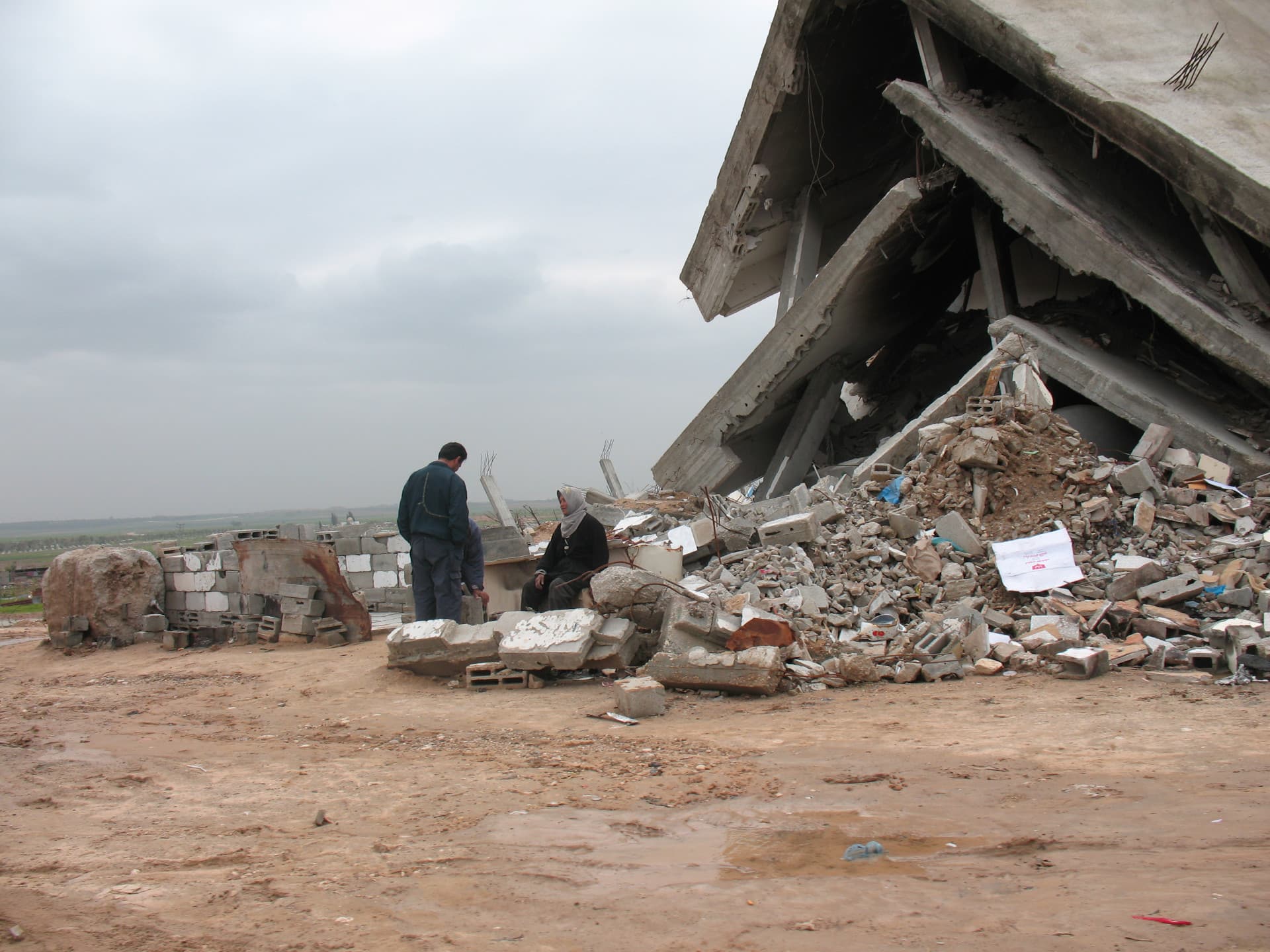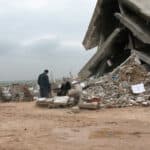
Fact-finding missions and accountability for IHL violations
9 December 2015This legal brief examines the role of Commissions of Inquiry and fact-finding missions in ensuring accountability for violations of international humanitarian law and human rights law, and evaluates their relevance in the context of Palestine.
Download PDF

The 2014 Gaza Commission of Inquiry (CoI) is the latest of a number of international independent investigations that have addressed violations of international humanitarian law (IHL) and human rights law (IHRL) in the occupied Palestinian territory (oPt) during the last decade.
These have included, among others, the following: the Human Rights Inquiry Commission (2000), established by the UN Human Rights Commission (UN HRC); the High-Level Fact-Finding Mission to Beit Hanoun, established by the UN HRC (2006); the Fact-Finding Mission on the Gaza Conflict (2009) (hereinafter 2009 Gaza FFM), established by the UN HRC; the panels of inquiry to investigate the Flotilla incident, as well as attacks on UN schools and facilities in the 2009 and 2014 Gaza wars, established by the UN Secretary-General (2009, 2010; 2014); the fact-finding mission on the flotilla, established by the UN HRC (2010);6 and the fact-finding mission to investigate the implications of the Israeli settlements on the rights of the Palestinian people, established by the UN HRC (2012).
Each of these investigations shed significant light on a number of violations of IHL and IHRL perpetrated in different situations during the prolonged occupation of the Palestinian territory.
They each include recommendations to the parties to the conflict, as well as third parties, to take necessary actions towards compliance with international law and to counteract the continuous violence resulting from the climate of impunity and lack of accountability for international law violations.
Thus, this brief aims to:
It will examine actions third States and parties should undertake to comply with the conclusions and recommendations set forth in different reports to ensure accountability, break the cycle of impunity and avoid renewed spirals of violence that jeopardize any future peaceful solution to the conflict.
In particular, third States are obliged to ensure accountability measures vis-à-vis Common Article 1 of the Geneva Conventions to take measures against parties violating IHL and to apply the principle of universal jurisdiction, which empowers third States to prosecute individuals responsible for international crimes. Full cooperation with and support for the current ICC preliminary examination also is a pivotal step toward ensuring accountability.
Existing tools within the UN framework, including the possibility of the Security Council or the General Assembly establishing an international monitoring presence in the oPt, should also be explored to prevent continuing conflict, further recurrences of violence and a chronic pattern of international law violations.